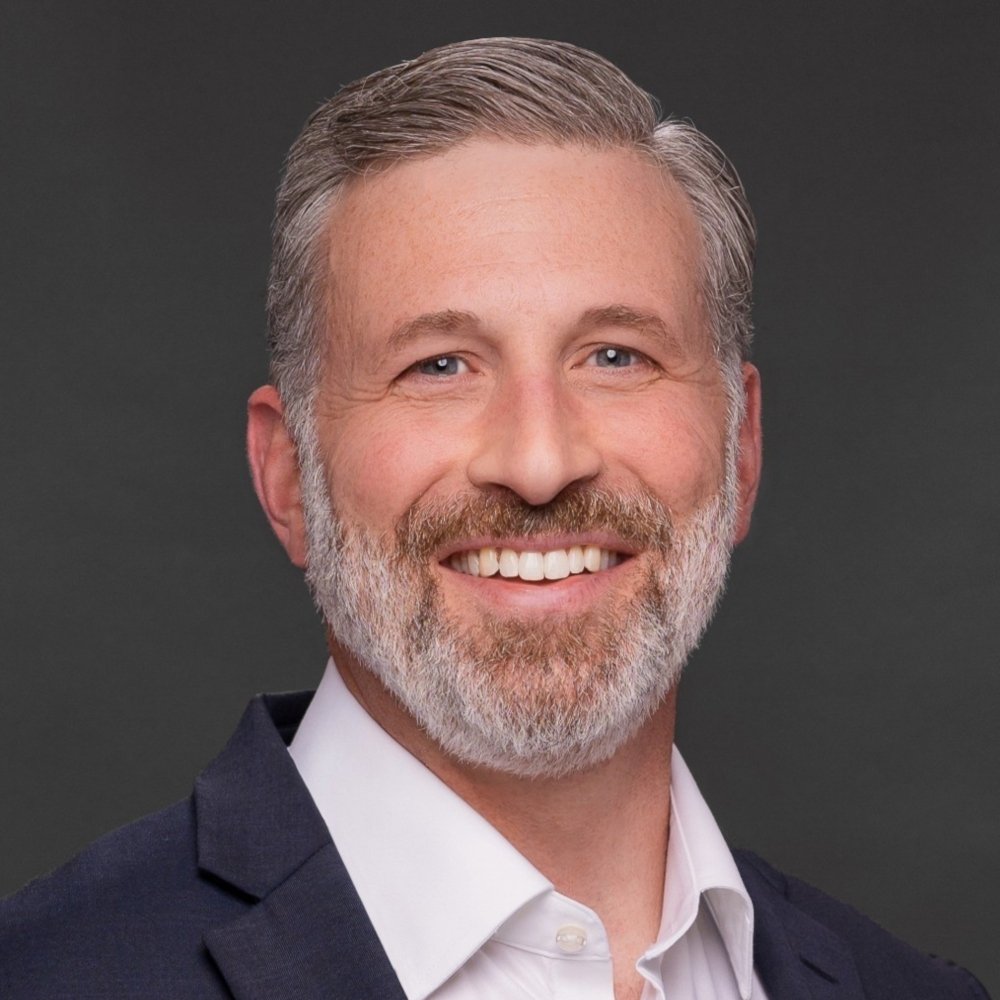Private-Equity Pay Rose in 2020 Despite Covid-19, Survey Finds
Originally published in The Wall Street Journal, June 16, 2021
U.S. buyout professionals reported higher earnings and moved from the coasts to lower-tax areas
By Chris Cumming and Laura Kreutzer
The Covid-19 pandemic revolutionized how private-equity professionals work but left their high pay intact last year, a new survey says.
Many private-equity employees—like other workers—moved away from densely populated, high-cost areas during the pandemic, a shift that could eventually change the status of cities like New York, Boston and San Francisco as nerve centers of the buyout industry. Firms are opening new offices and hiring staff away from the industry’s traditional core cities, while pay for many professionals in the Midwest and Southeast last year outpaced that of their peers in the Northeast, according to a report released Wednesday by Heidrick & Struggles International Inc., an executive recruiting and consulting firm for private equity and other industries.
“We have seen a dramatic increase in firms moving to the Southeast and Southwest and individuals who are willing to move to lower-tax [areas with] warmer climates,” Jonathan Goldstein, regional managing partner, Americas private equity practice for Heidrick & Struggles, said in an email. “While it is too soon to declare that the traditional private-equity centers are in decline, I am confident that we will continue to see a migration of talent,” he said.
Private-equity employees who joined the Covid migration generally saw no impact on their pay from moving to lower-cost areas, the report shows. Pay reductions have been seen in other industries under similar circumstances, Heidrick & Struggles said.
About 57% of survey respondents reported an increase in base compensation last year from 2019, and 67% reported receiving a higher annual bonus. Just 1% reported their base salary had declined, while 8% got lower bonuses. More than half of professionals surveyed say they expect an increase in base pay in 2021, with another 45% saying their base pay has held steady this year compared with 2020.
“In general, I’m seeing ‘modulated flexibility’ being granted as a benefit, as opposed to a policy of ‘live where you want to.’”
Chicago-based Heidrick & Struggles based the results on an online survey of more than 1,000 private-equity investment professionals in North America. The survey results underscore the tough questions private-equity firms face as they consider whether—and how—to reopen city-center offices and return to in-person work. Before Covid, private-markets firms overwhelmingly had in-person workplace cultures, with just 7% of workers saying they regularly worked from home in a 2019 survey by data company eVestment LLC and consulting firm MJ Hudson Group.
The challenge for private-equity firms, as for other businesses, is to retain the productivity of in-person work without losing employees who have grown used to the flexibility of working from home over the past year. Some firms have adapted by opening new offices in areas that have seen major influxes during the pandemic. For instance, Blackstone Group Inc. and Thoma Bravo have both announced plans to open offices in Miami. Other firms are reconsidering who actually needs to be in the office day-to-day. Bruce Larson, managing director and chief human resources officer for Carlyle Group Inc., said the Washington firm has seen benefits from rethinking which jobs must be done in-person.
“There are very few roles in the organization that have to be in the office five days a week. That has been very liberating,” Mr. Larson said.
Matt Brubaker, chief executive of private equity-focused advisory firm FMG Leading, said remote working is likely to be treated as a benefit that workers negotiate individually. The competition for workers has made firms much more flexible on working remotely than they were pre-pandemic, to attract the best talent, he said.
“In general, I’m seeing ‘modulated flexibility’ being granted as a benefit, as opposed to a policy of ‘live where you want to,’” said Dr. Brubaker.
However, Dr. Brubaker said he doubts that motivated, talented younger professionals will be able to progress as quickly in their careers without working in the office.
The Heidrick & Struggles survey shows why moving up the ladder is so important: Private-equity pay is very stratified by level of seniority and firm size. At the smallest firms, or those with less than $500 million in assets under management, workers at the lowest level, associate or senior associate, made an average of $177,000 a year, including base salary and bonus. Those at the highest level, managing partner, made an average of $1.9 million.
The gap is even wider at larger firms. At those with $10 billion to $20 billion in assets, average pay ranged from $262,000 for associates to $3.3 million for managing partners, the survey says.
Mr. Goldstein said that while pay remains high overall, some firms that have set up shop in less traditional locations can at times get away with offering less.
“We still continue to see firms on both coasts pay at the higher end. Our sense is that firms in the South can continue to pay less than their northern peers because the cost of living is lower,” Mr. Goldstein said.
————————————————————————————————
To read this article as it originally appeared in The Wall Street Journal, click here.




